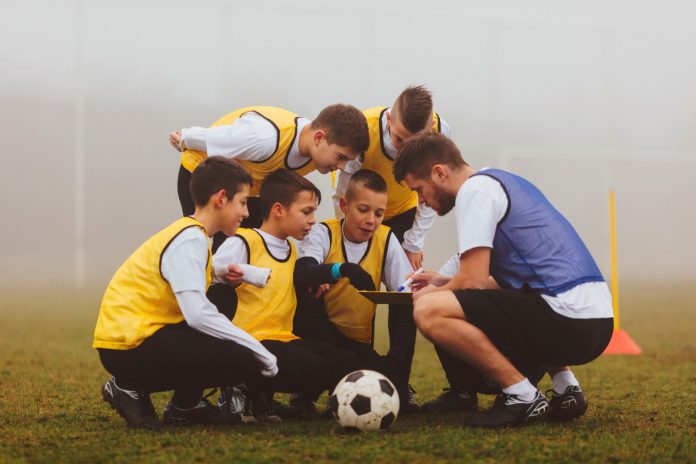
“Every time I go out to play it means everything to me. I’m so competitive, I just can’t handle losing”.
These are the words of a young athlete I recently had the privilege to chat with. She had come to me for help. Even though her successes in sport was remarkable, a constant fear of losing and not measuring up to expectations was holding her back. She was desperately seeking a solution.
We spoke about her challenges and in particular the way her performance seemed to spiral uncontrollably downward right after making a mistake.
“I get really nervous before I play, and feel so much pressure to do well”, she explained.
“And when I make a mistake, that’s it, I just can’t play my best. All I think about is losing.”
They were very real concerns. I could tell by the passion expressed in her voice. Sport meant the world to this girl, yet the frustration of not knowing how to deal with difficult situations was weighing her down and affecting her performance.
What was going on?
Our Brains Are Wired To Make Decisions Based On Emotions
How we feel influences how we think and how we think influences how we act. This explains a lot about human behaviour. Our body tells us that we need to act in order to satisfy our basic human needs – when we’re hungry we eat, when we’re tired we sleep, and when we feel threatened we run away or stay and fight.
But when a young athlete is under pressure, or annoyed by making a mistake feelings can easily overwhelm them, which makes it impossible to think clearly to remedy the situation in front of them. The result? Typically, a drop in performance.
Support Their Feelings
So then, what can a parent do to help?
Crucially, we must first understand that it’s OK for a young athlete to make mistakes, fail under pressure or get upset because they didn’t perform at their best. In fact, it’s essential to their development.
A huge part of becoming an independent, self-confident athlete is learning to master your feelings.
When an athlete is overwhelmed by their feelings, they cannot possibly get into ‘thinking mode’, which is critical for making good decisions.
Regardless of the problem, our job as coaches, parents and mentors is to support our child/athlete’s feelings so that they can tolerate the frustration of the situation and then work out an appropriate action.
Here are 5 things NOT to do to support your child’s feelings
Don’t blame
It’s nobody’s fault – not another player’s, the team’s, the coach’s, and certainly not your child’s.
Don’t criticise
It’s unfair and unhelpful. Criticism typically implies that your child’s feelings are unimportant. “Why didn’t you ______”.
Sometimes we say it, sometimes we just think it. Just don’t do it.
Don’t distract
Sweeping your child’s feelings under the carpet will limit their development.
They need to learn how to cope with the feelings, not box them up to deal with another day.
Don’t explain
Pointing out the obvious or your child’s own contribution to their feelings is likely to result in a flurry of heated verbal exchanges.
Hopeless.
It’s highly likely your child will know why they’re feeling a particular way, sometimes they just don’t know what to do about it.
Don’t problem solve
Most advice is derived from our own experiences that we assume will also apply to our children. They don’t.
It’s best to leave the sport-specific advice to the coaches, teachers and professionals.
Understanding feelings and recognising the difference between feelings, thoughts and actions is difficult. But a skill that’s extremely beneficial to master.





































